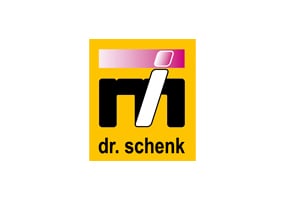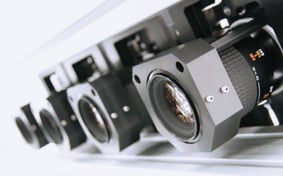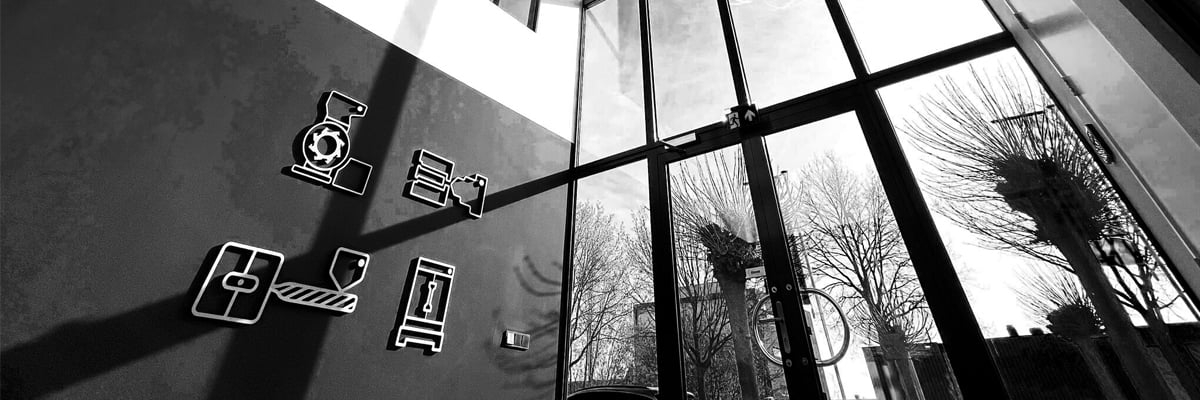
Inspection systems
Plastics manufacturers are constantly challenged to increase their product yields, improve quality standards and deliver a defect-free product to customers while maintaining high production speeds. At Plastima, we want to make this challenge a lot easier; we offer the right equipment to perform your inspection correctly and thoroughly. The benefits are immediate: improved product quality, better productivity, maximum yields, defect detection prior to value-added or shipping processes, and a reduction in customer claims and complaints.
Inspection systems
- Home »
- Markets »
- Other processes »
- Inspection systems
Material inspection is an essential aspect of the plastics industry as it ensures that the raw materials used in the production process meet the required quality standards. Material inspection is also essential to ensure that the finished products meet the required specifications and are free of defects.
In the plastics industry, material inspection usually involves the following steps:
1. Sampling: A representative sample of raw materials is taken for testing. Sampling should be done in such a way that the sample is representative of the entire batch of material.
2. Testing: The sample is then subjected to various tests to determine its quality and suitability for use in the manufacturing process. Some of the tests commonly used in the plastics industry are visual inspection, dimensional analysis and mechanical testing.
3. Documentation: The results of the tests are recorded and used to prepare a certificate of analysis (COA). The COA provides information on the quality of the material and verifies that it meets the required specifications.
Material inspection is essential to ensure that finished products are of high quality and free of defects. In the plastics industry, defects such as air bubbles, warping, and discolouration can occur if the raw materials are of poor quality or not handled properly. A material inspection helps detect any problems with the raw materials before they are used in the production process, which can save time and reduce costs associated with product defects and waste.=
Types of inspection systems at Plastima
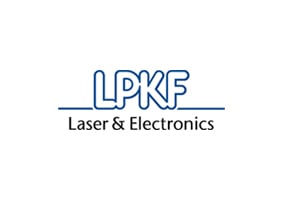 Laser measurements
Laser measurements
In the market, conventional techniques such as gluing, screwing, and clipping are under increasing scrutiny, and the desire for durable and high-quality joining techniques is growing.
For plastic laser welding, the transparency of materials is crucial. Since LPKF's TMG 3 is set at 980nm wavelength, it measures with the same wavelength as absorption laser welding systems. This makes it easy to check inline or offline whether the materials to be used are suitable for the laser weld joint. The TMG 3 can therefore be used perfectly for quality purposes.
The cooperation between LPKF & Plastima has stood for more than 10 years!
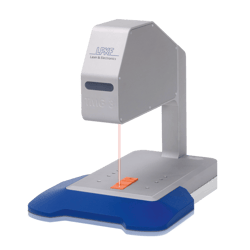
LPKF Downloads
Inspection Systems
Dr Schenk offers ultra-fast, accurate and reliable optical inspection and measurement solutions for all types of base and converted plastic materials. Dr Schenk invented EasyInspect and EasyMeasure. EasyInspect examines 100% of the material surface for local defects and EasyMeasure continuously monitors overall properties, such as uniformity or homogeneity of the coating and physical properties, such as opacity or reflectance.
Dr Schenk's solutions are used in multiple applications and markets, for example in battery film inspection, fuel cell inspection, blown film inspection, polarisation film inspection, PCB material inspection, protective coating, label and tape inspection, OLED inspection, prepreg inspection, flexible packaging inspection, glass film inspection and many other applications.

Contact-information
Contact us

 English
English Nederlands
Nederlands